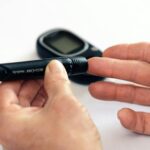As COVID-19 cases begin to rise again in India, many of us with asthma are asking an important question: “Should I be worried?” While we’ve come a long way since 2020, the concern isn’t gone, especially for people with chronic respiratory conditions. This blog is here to help you stay informed and prepared, without panic.
Is Asthma Still a Risk Factor for Severe COVID?
In the early days of the pandemic, asthma was listed as a potential risk factor for severe COVID-19. However, over the years, researchers have refined their understanding. Here’s what we know now:
- Well-controlled asthma is not associated with increased risk of severe illness from COVID-19.
- Poorly controlled asthma or asthma requiring frequent steroid use may increase complications.
- People with COPD or other chronic lung conditions face higher risks than those with just asthma.
In short, if your asthma is well-managed, you’re likely to do better, but caution is still necessary.
How the 2025 COVID-19 Strain Is Affecting People with Asthma
While newer variants tend to cause milder illness, they can still trigger asthma flares, especially in people sensitive to:
- Viral infections
- Cold air (due to mask removal indoors)
- Dust and pollution during monsoon transitions
Common symptoms like dry cough, breathlessness, and fatigue overlap with asthma, making it harder to identify whether it’s just an asthma episode or something more.
How I’m Personally Staying Safe with Asthma in 2025
During this COVID uptick, I’ve gone back to some of the habits I followed during the first wave:
- Wearing a mask in crowded places (especially N95s in the metro or clinics)
- Doing steam inhalation and Jal Neti regularly, but never just before stepping out
- Keeping a pulse oximeter and thermometer handy to track early signs
- Monitoring peak flow readings and journaling symptoms daily
These small steps reduce anxiety and help me spot issues before they escalate.
What Precautions Should Asthma Patients Take?
Here’s a practical checklist to protect yourself:
✅ Prevention
- Get vaccinated with updated COVID boosters (ask your doctor if eligible)
- Wear N95/KN95 masks in public places
- Avoid poorly ventilated indoor spaces
- Stay away from people who are coughing, even if they say it’s “just a cold”
🧴 Hygiene
- Wash hands after using public transport or handling deliveries
- Clean your inhalers and spacers weekly
- Use your own nebulizer; avoid public/nebulizer rooms if possible
💊 Medication
- Make sure your asthma is well-controlled, stick to your controller inhalers
- Don’t stop or reduce inhaled corticosteroids without consulting your doctor
- Stock up on essential medicines in case of a sudden rise in cases
What to Do If You Catch COVID and Have Asthma
If you test positive for COVID-19:
- Continue your asthma medications as prescribed
- Isolate and monitor oxygen levels and breathing closely
- Watch for warning signs like chest pain, severe breathlessness, or confusion
- Avoid overusing salbutamol inhalers, discuss a plan with your doctor beforehand
- Don’t panic, many people with asthma recover fully with home care
When to Seek Emergency Help
Call your doctor or visit the hospital if you experience:
- Oxygen saturation dropping below 94%
- Trouble speaking in full sentences
- Bluish lips or face
- Unrelieved wheezing or tightness even after using a rescue inhaler
Final Thoughts
COVID-19 may no longer be a global emergency, but for asthma patients, staying cautious is still important. Focus on prevention, control, and early detection. The Asthma Friend community is always here to share experiences and support each other because managing asthma is easier when we do it together.
Have you adjusted your asthma routine since COVID made a comeback? Share your experience in the Asthma Friend Community. Your story could help someone else breathe easier.












